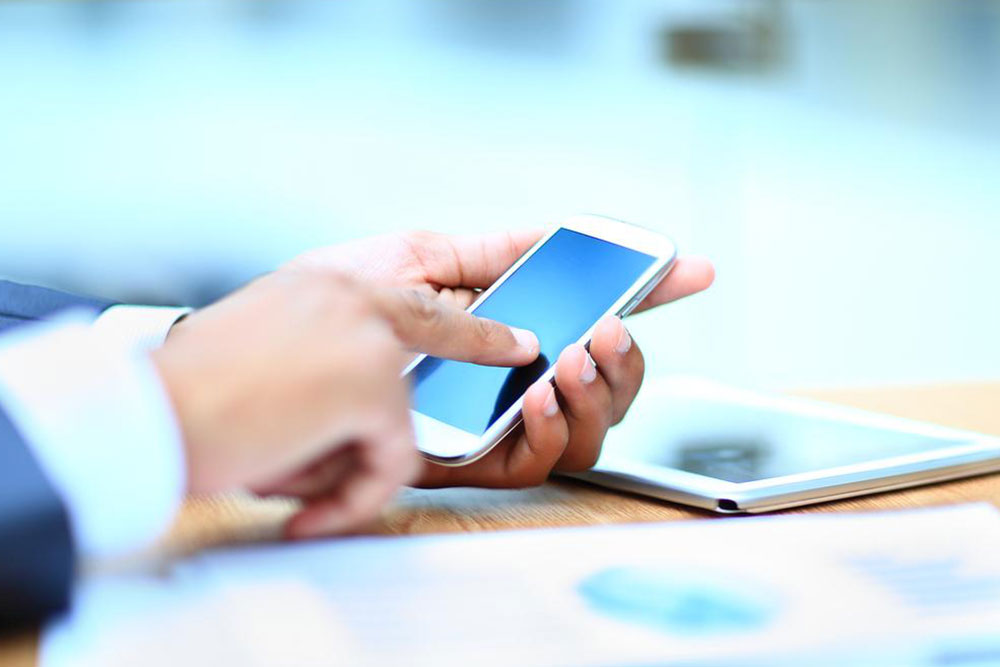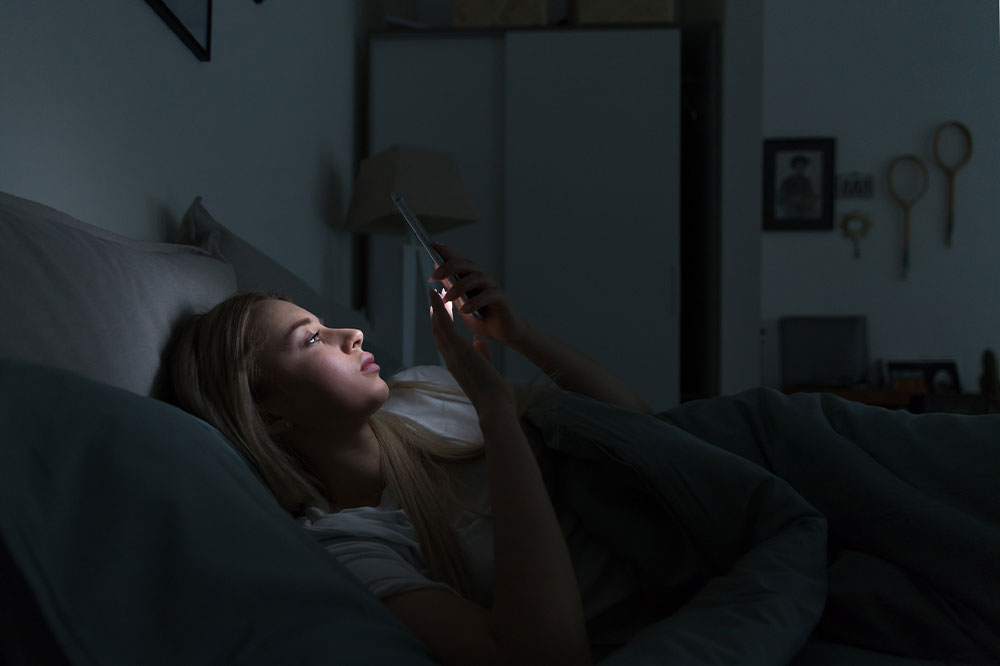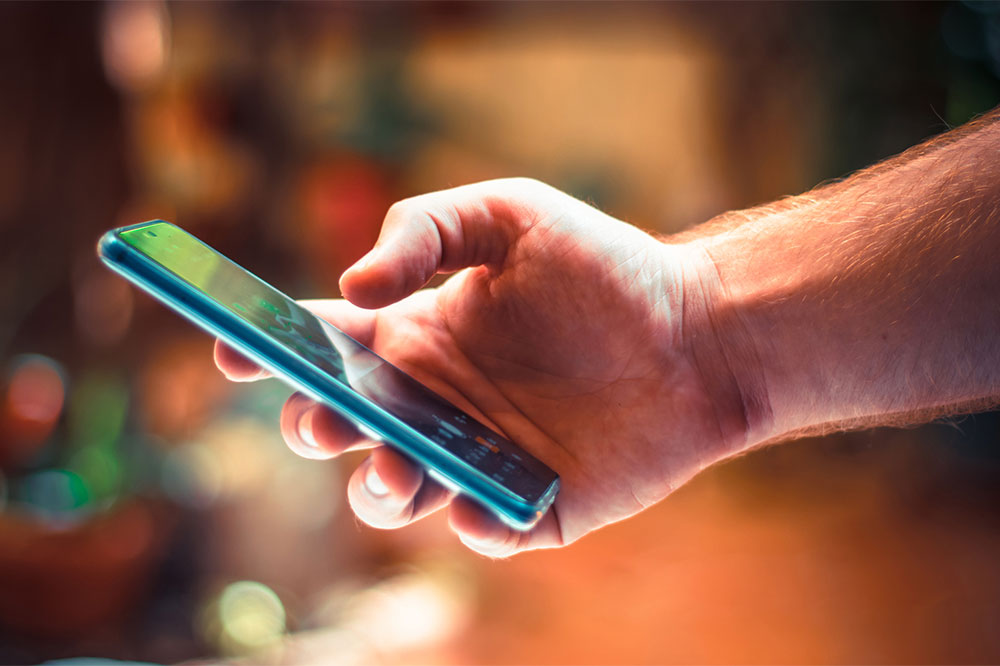Breaking Free from Smartphone Dependence: Strategies to Reclaim Your Life
This article offers practical strategies to reduce smartphone dependency, emphasizing controlling notifications, limiting app usage, and disconnecting before sleep. These steps can help individuals foster better real-world relationships and improve overall well-being.
Sponsored

In today's digital age, smartphones have become indispensable tools integrated into our daily routines. While they offer unmatched convenience, excessive use can lead to dependency, affecting our real-world interactions and productivity. Spending too much time glued to screens can make us oblivious to our surroundings and hinder meaningful connections. To maintain a balanced life, it's vital to manage smartphone usage consciously. Implementing simple habits can help you regain control and foster healthier relationships both online and offline.
Try these effective tips to curb overuse:
Turn off non-essential notifications to avoid constant distractions. Limit alerts to only what’s important, reducing the urge to check your device frequently.
Set specific times for checking your phone instead of habitual, frequent monitoring. Keep your device away during social events and family meals to promote real engagement.
This approach allows you to enjoy your surroundings more fully and gradually diminishes dependency.
Reduce the number of social media apps on your device and stick to essential ones only. Many apps are seldom used but occupy storage and tempt unnecessary usage. Use apps like Rescue Time or AppDetox to set customized usage limits that suit your lifestyle.
The most effective method is to turn off your phone or enable airplane mode before bedtime. Disconnecting from the digital world provides ample opportunity for mental relaxation and recovery.
While smartphones are valuable tools, they should not overshadow real-world connections. Follow these practical tips to overcome smartphone reliance and enjoy a more fulfilling, healthy life.





